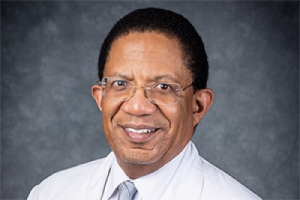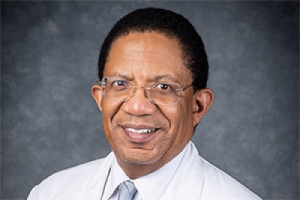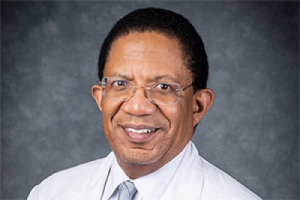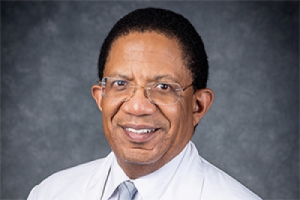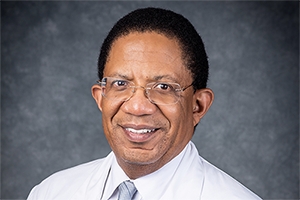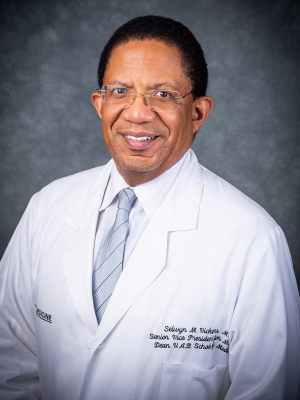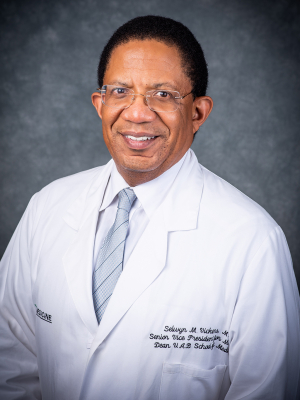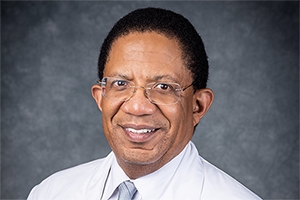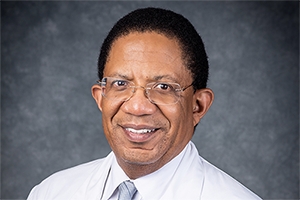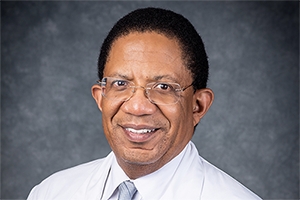
Selwyn M. Vickers, M.D.
| This email address is being protected from spambots. You need JavaScript enabled to view it.It is important we highlight the different areas of our school that played key roles during the challenging months of our initial COVID-19 response. A pivotal initiative in that response was the development and implementation of GuideSafe™, the COVID-19 reentry platform developed by a team of experts here at UAB
Seven months after the World Health Organization declared COVID-19 a pandemic, I continue to be impressed and inspired by the resilience and adaptability of our faculty, staff, and students. I’d like to highlight just a few examples of the many ways various areas of our school have risen to the challenges of these unprecedented times.
This month we are celebrating the launch of a second round of urgent, high-impact COVID-19 research, thanks to the generosity of Alabama’s business community and the ingenuity and expertise of our researchers.
As we know, the arrival of the COVID-19 pandemic in Alabama spurred massive changes across all our operations, forcing us to quickly adopt new ways of working, learning, sustaining our research enterprise, and providing the care on which our city and state depend so heavily.
By 2050, nearly 14 million Americans over age 65 could be living with Alzheimer's disease—with a world total of at least 50 million. We are facing an uphill battle, but UAB physicians and researchers are meeting this challenge head-on.
Last week, the U.S. Supreme Court ruled that the 1964 Civil Rights Act, which protects employees from discrimination based on sex, includes protections for the LGBTQ community.
Selwyn M. Vickers, M.D., FACS, senior vice president for Medicine and dean of the School of Medicine, shares a statement on the significance of Juneteenth.
The news of the recent deaths of George Floyd, Breonna Taylor, and Ahmaud Arbery have brought forth expressions of deep anguish, fear, sadness, and rage in communities across the nation. In a city marked by a painful history of violence against black Americans, we here in Birmingham know all too well that these are continued examples of the racial injustices that have plagued our country since before its founding.
We know that racial and socioeconomic disparities for health and health care exist in this country. In fact, there are many exceptional physicians and researchers here at UAB who are exploring why those disparities exist and how they can be lessened. But sadly, this pandemic has exposed just how deadly the consequences of health disparities can be.
I wanted to take a moment to thank all of you for your vigilance, dedication, and flexibility during this stressful time. As we work to flatten the curve of the COVID-19 outbreak, I know that many of you will be away from your families, working with limited resources, and shouldering many burdens as we shift into a limited business model.
